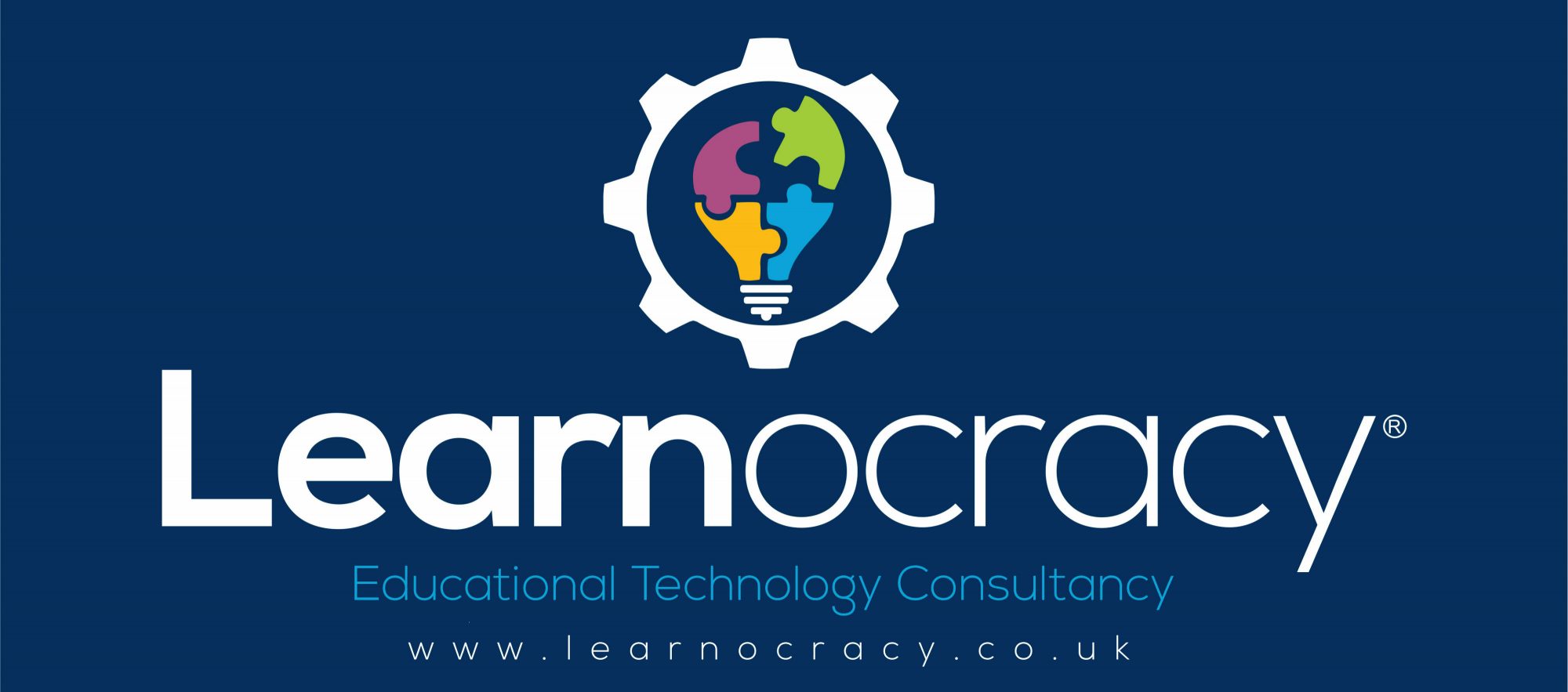I’ve just read a great blog post from Josie Frasier called ‘Computer Science is not Digital Literacy’. I completely agree with her sentiments when she says: “I’m a huge fan of the current wave of enthusiasm and political will to transform the way that ICT is delivered in schools.” She also name checks Code Academy and Coding for Kids, suggesting you check out the #codingfokidrs hash tag on Twitter for related links, discussion and resources. I repeat them here because I agree! However, I also agree with her that Gove’s speech at BETT 2012 crashed together some terminology and ideas that are best differentiated.In the comments on Josie’s blog I can see some disagreement on how to define Digital Literacy and Computer Science, particularly whether having a grasp of Computer Science is necessary to be proficiently digitally literate. Personally I see the distinction as quite clear. Computer Science is a subject area and Digital Literacy is a skill-set that could be deployed across all subjects. Naturally there may be some Computer Science in Digital Literacy (and visa versa) just as there is Maths in Computer Science. The key point is that Computer Science is a discrete subject area in which skills such as logic and coding may be learned. The thrust of Gove’s argument is that the IT industry needs the skills and knowledge represented by the qualification in Computer Science.
In Gove’s speech, the current ICT curriculum is targeted as the root cause of the lack of relevant computer skills in young people and for being “dull”. I would remind everyone that a curriculum is a framework and that the ICT curriculum isn’t dull, the teaching of it is (or too often is).
Digital literacy is a set of competencies and knowledge that all young people should be taught for application across all subjects, much as literacy and numeracy. See Josie’s blog entry for a more in depth exploration. However my key point is that the current ICT curriculum does nothing to inhibit the teaching of Digital Literacy (nor indeed does it specifically encourage it). Neither does the ICT curriculum prohibit the teaching of Computer Science material.
In my opinion, if Digital Literacy and/or Computer Science material are not taught, either as discrete subjects or part of another (Maths or ICT, for example), this is a function of education leaders, teachers and exams, not the ICT curriculum per se. Unfortunately teachers are not, in general, well prepared. Out of 28,000 teachers who qualified in 2010, just 3 had a computer-related degree. In my opinion, the deeper issue here is threefold:
1. Leaders who accept a “lock and block attitude” to the digital age
2. An exam system that tests knowledge and skills that lack relevance in the current digital age
3. Teachers that lack the mandate and the skills to fully embrace the digital age
Whilst I welcome the initiatives that Gove has outlined in his speech in the spirit in which they’re intended, I think that they risk casting adrift, in a large ocean, many leaders, teachers and schools who were already adrift and lost in a pond.
The reason that so many schools turn out pupils inadequately prepared for the IT industry and the digital age is that they use the ICT curriculum as a lifeboat, clinging to it for dear life and keeping the water of the digital age as far away as possible. Taking away the lifeboat and ‘asking’ them to sink or swim… Well, I can almost feel the sharks circling.
